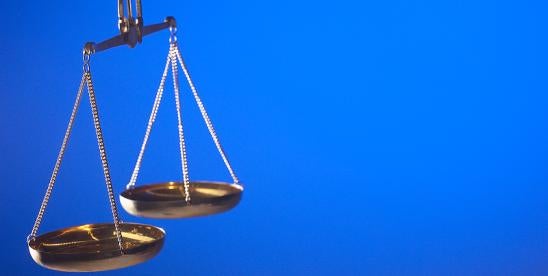



A deposition is a powerful litigation tool for several reasons. Because a deposition is sworn testimony, it can be used to prove perjury if a witness tries to change his or her testimony at trial. A deposition can also be used to discover additional evidence to use at trial or discover information that can lead to admissible evidence. There’s a ton to keep in mind when it comes to depositions, so here’s our list of proper deposition objections.
Even though the same rules do not apply to depositions as to testimony given during a hearing or during a trial, attorneys can and do object to some questions during a deposition. Learning the difference between objections that can be made during a deposition and objections that are improper in a deposition is essential if an attorney wants to protect his or her client and/or witness during a deposition.
Many of the objections that apply in court do not apply in a deposition; however, some objections are acceptable in a deposition.
The following objections may be valid in a courtroom but they are not valid in a deposition.
In some situations, an objection may be proper but in other situations the same exception may not be proper. Experience is often the best teacher an attorney can have to learn when and when not to make objections during a deposition that are related to gray areas.
Preparing your client for a deposition is essential. Explaining to them this list of proper deposition objections is a good place to start. Most importantly, you need to explain to your client that information in a deposition may not be admissible in court but the attorney is looking for information that may lead to admissible evidence. Because of this fact, your client may not appreciate some of the questions being asked and your client may not understand why you do not object to some of the questions. To prepare your client, tell your client:
The key to a successful deposition is preparation. Prepare your client if your client is being deposed. If you are taking the deposition, review all evidence and material related to the case to draft a set of questions and follow-up questions. Listen to the witness’s answers and think about follow-up questions as the deposition progresses. A simple answer in a deposition can lead to powerful evidence that can change the course of the case.
© Copyright 2024 PracticePanther![]()
![]()

![]()
We collaborate with the world's leading lawyers to deliver news tailored for you. Sign Up to receive our free e-Newsbulletins
You are responsible for reading, understanding, and agreeing to the National Law Review's (NLR’s) and the National Law Forum LLC's Terms of Use and Privacy Policy before using the National Law Review website. The National Law Review is a free-to-use, no-log-in database of legal and business articles. The content and links on www.NatLawReview.com are intended for general information purposes only. Any legal analysis, legislative updates, or other content and links should not be construed as legal or professional advice or a substitute for such advice. No attorney-client or confidential relationship is formed by the transmission of information between you and the National Law Review website or any of the law firms, attorneys, or other professionals or organizations who include content on the National Law Review website. If you require legal or professional advice, kindly contact an attorney or other suitable professional advisor.
Some states have laws and ethical rules regarding solicitation and advertisement practices by attorneys and/or other professionals. The National Law Review is not a law firm nor is www.NatLawReview.com intended to be a referral service for attorneys and/or other professionals. The NLR does not wish, nor does it intend, to solicit the business of anyone or to refer anyone to an attorney or other professional. NLR does not answer legal questions nor will we refer you to an attorney or other professional if you request such information from us.
Under certain state laws, the following statements may be required on this website and we have included them in order to be in full compliance with these rules. The choice of a lawyer or other professional is an important decision and should not be based solely upon advertisements. Attorney Advertising Notice: Prior results do not guarantee a similar outcome. Statement in compliance with Texas Rules of Professional Conduct. Unless otherwise noted, attorneys are not certified by the Texas Board of Legal Specialization, nor can NLR attest to the accuracy of any notation of Legal Specialization or other Professional Credentials.
The National Law Review - National Law Forum LLC 2070 Green Bay Rd., Suite 178, Highland Park, IL 60035 Telephone (708) 357-3317 or toll-free (877) 357-3317. If you would like to contact us via email please click here.
Copyright ©2024 National Law Forum, LLC